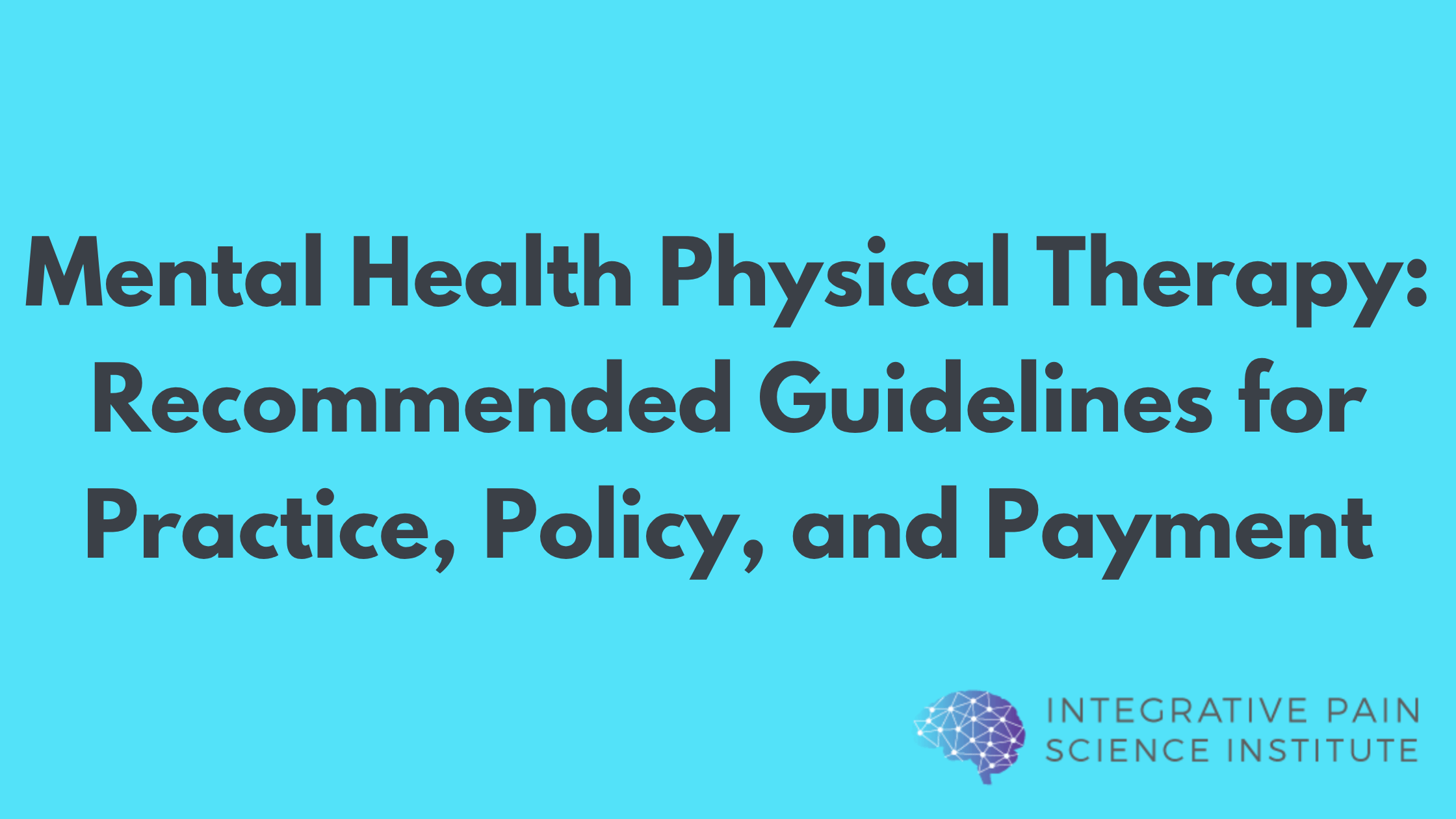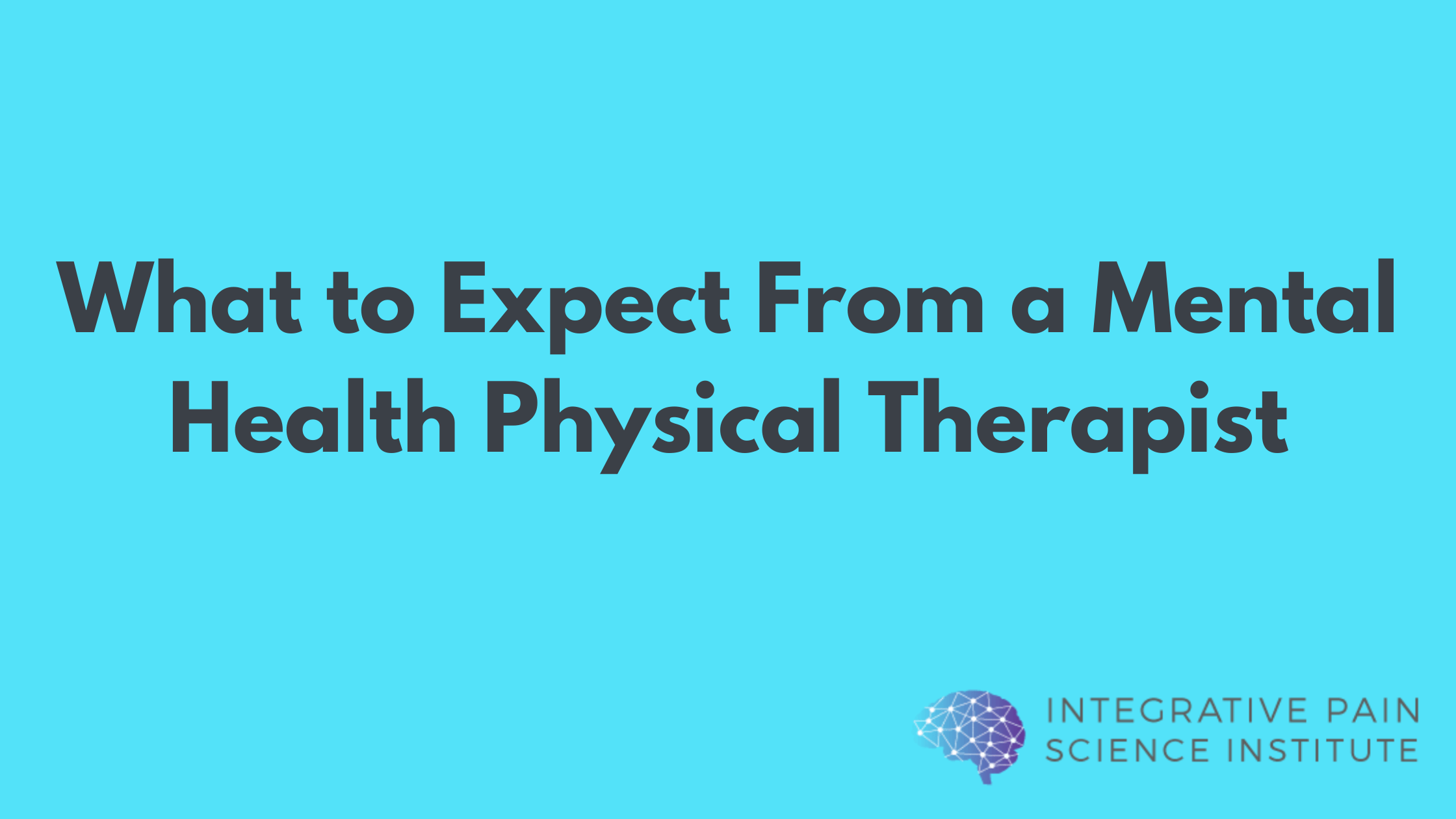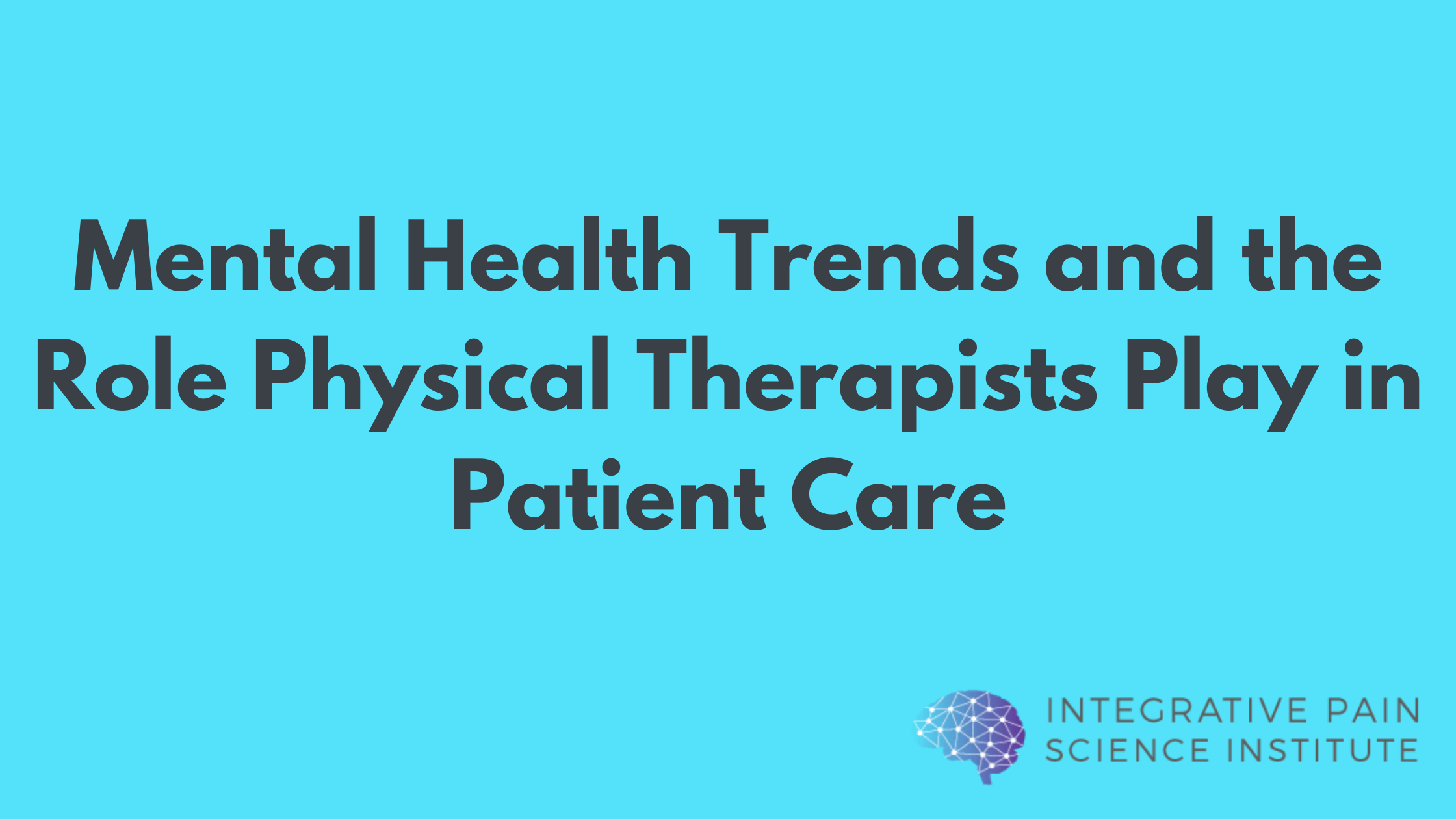Do you avoid fat like the plague? Traditional nutritional dogma would have you believe that fat makes you fat. In fact, the exact opposite is true and science backs this truth up. Not only does fat help you to burn fat and drop excess weight, but fat actually plays a key role in reducing pain and inflammation among many other important jobs in the body, like allowing us to absorb all of the vital fat-soluble vitamins such as vitamin A, D, E and K. We absolutely without a doubt need fat. We should not fear the healthy kind and we are actually harming ourselves if we avoid it.
Let’s take a deeper look as to why what we have been taught about fat is all wrong.
You see, the so-called “studies” that come out demonizing fat and telling us to eat low-fat foods are aligned with the agenda of big food companies and the weight loss industry, which by the way is a $60 billion a year industry in the U.S.
What if there were ways to use fats as part of your program to relieve your chronic pain, boost your metabolism and help you burn fat and lose weight effortlessly? Let’s dig a bit deeper to elaborate.
Let’s look at the benefits of omega-3 essential fats and also what sources you can begin to add to your daily diet.
Pain and Inflammation: Omega 3 Fats to the Rescue
NSAIDs (Non-steroidal Anti-Inflammatory Drugs) are the most commonly used over-the-counter drugs as well as the most prescribed drugs for pain and inflammation. You see, our body produces special enzymes called cox-1 and cox-2 which are responsible for making what are called prostaglandins. Prostaglandins cause our tissues to swell as a result of an injury. These little “magic” pills can help to reduce pain and inflammation. Here is the problem, however, these drugs wreak havoc inside our cells. By causing increased levels of oxidative stress, our risk of heart disease, stroke, internal bleeding and kidney failure are also increased and we definitely do not want this. There is a much better way. Cue the drum roll… Introducing Omega 3 fats!
Omega 3 fats help our body in a number of ways. In terms of inflammation and pain, omega 3 foods can prove to be much more effective than NSAIDs without the nasty side effects. Omega 3 fats, particularly EPA and DHA found in fatty fish such as salmon, mackerel, tuna, and sardines act as natural cox-2 inhibitors and stop pain and inflammation while at the same time improving heart health as well as brain function. The best dietary sources of omega-3 oils are wild caught cold-water fatty fish and seafood, high-quality fish oils, and grass-fed meat and full-fat, raw or organic dairy. There are a number of plant source omega 3s as well, like chia, flax and pumpkin seeds. Also raw nuts like walnuts and pistachios.
Most of us do not consume at least 3 servings of high omega 3 fatty fish a week and so finding a good quality fish oil supplement would prove effective in your battle against pain and inflammation. Numerous studies have found that at least 2500 to 3000 mg of omega 3 (Especially EPA/DHA found in fish oil) is sufficient to achieve pain relief and inflammation, especially in your joints. In other words, if you purchase a therapeutic grade, purified, quality fish oil with at least 500 to 600 mg of EPA/DHA, you would need to take 5to 6 capsules a day. Most people simply do not take enough and write fish oil off as something that does not work. Another important note to consider is that a good quality, purified fish oil should not smell rancid or repeat on you (nasty fish tasting burps).
We must also avoid certain types of pro-inflammatory fats like omega 6 vegetable oils. Americans consume on average about 70lbs. of omega 6-rich vegetable oils (canola, corn, safflower and soybean oil) throughout the year. These oils are highly unstable, creating inflammation and prevent you from living a pain-free life. We evolved as human beings with a good balance between omega-3 and omega-6 fatty acids._ But our modern diet now provides far too many omega-6s (found in processed food, corn, and safflower oils, and conventionally raised meat), and not enough omega-3s (wild caught fatty fish, fish oil, grass-fed meats). Not all omega-6s are bad, as they are still considered an essential nutrient for the body, but they tend to cause more inflammation in the body, whereas omega-3s are anti-inflammatory. When the balance of Omega-6s and Omega-3s in the cell is off, things can start to go terribly wrong. An excess of omega-6 fatty acids and deficiency in omega-3 fatty acids has been shown to depress immune system function, contribute to weight gain and cause inflammation. The fear of fats, namely saturated fats from traditional sources like grass-fed beef, grass-fed butter, and non-hydrogenated lard stemmed from poorly done research wrongly linking these beneficial fats to heart disease.
Another healthy fat to add to your arsenal is coconut oil. Put into the same category as butter as an artery-clogging killer saturated fat (Due to a faulty and misleading study from the 1950’s), I say unto you; Fear not this Fat! Coconut oil is a beautiful and versatile fat. Although coconut oil is not an omega 3 fat, it is made up of medium-chained triglycerides and your body uses this type of fat very efficiently. The body has to work harder to use this fat while at the same time does not store it as fat, making it the perfect fat to improve metabolism. Add it to your coffee or tea or buy it as a butter to spread on fruit as a healthy-fat filled snack. Add it to protein smoothies to get that creamy texture or slice it up as a side dish. Be sure to cook veggies of all kinds with good fats like grass-fed butter, extra virgin, organic olive oil, or extra virgin, unrefined, organic coconut oil to ensure you absorb all of those wonderful fat-soluble vitamins.
Food is more than just calories. Food is medicine. What is at the end of our fork holds tremendous power. So don’t skimp on the fat. A vibrant, pain-free brand new you is depending on it.
Download your Healing Foods Checklist and Shopping Guide here!
In health,
Joe Tatta, DPT, CCN
References
http://www.ncbi.nlm.nih.gov/pmc/articles/PMC4592725/
http://www.ncbi.nlm.nih.gov/pubmed/19756416
http://www.ncbi.nlm.nih.gov/pubmed/26340264



